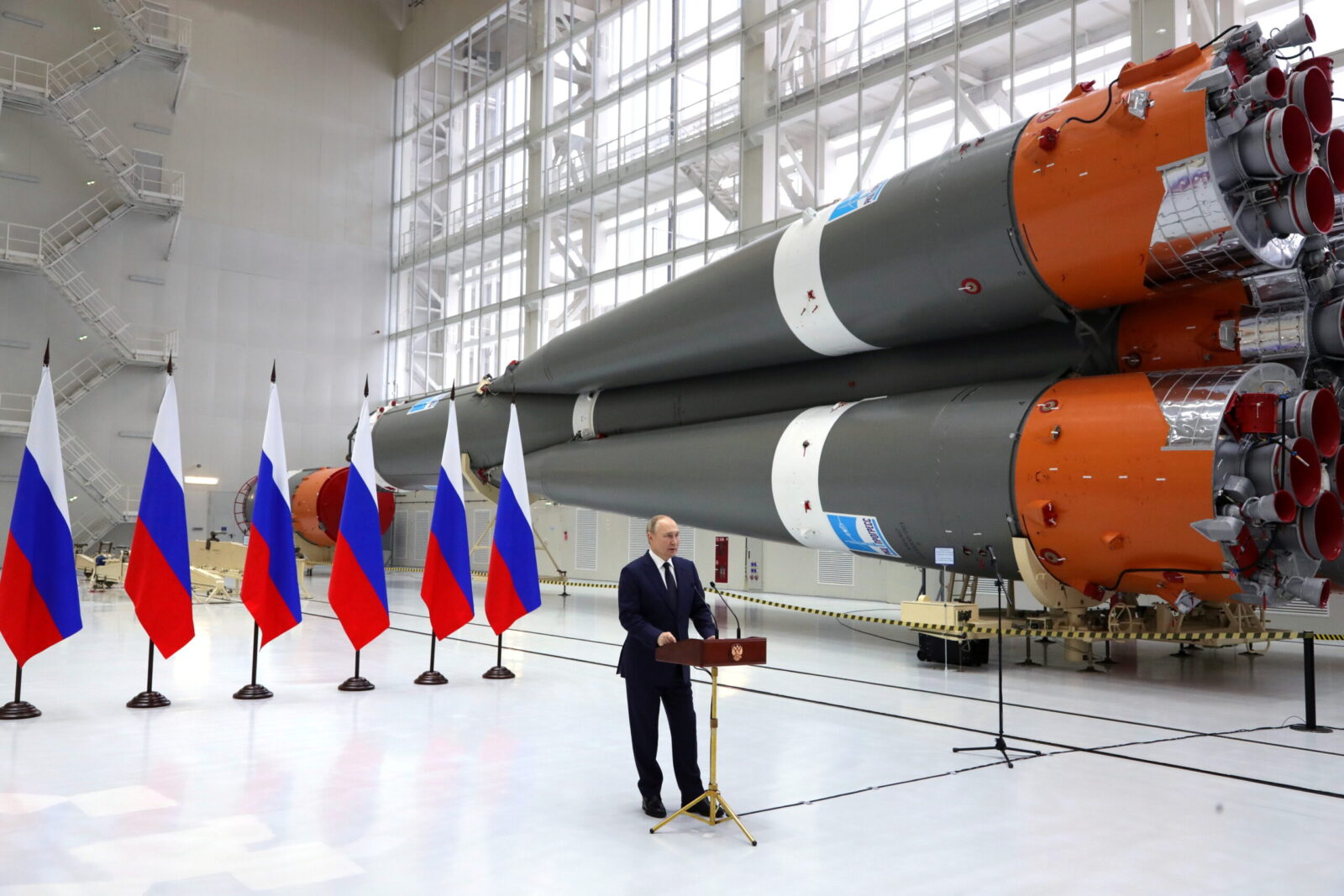Russia’s decision to revise its nuclear doctrine feels like a chilling reminder of just how fragile peace can be. It lowers the threshold for nuclear weapons use, making the unthinkable seem frighteningly closer. For those of us living in a world already weighed down by conflict, climate crises, and economic struggles, this escalation feels deeply personal. It’s a reminder that the lives of millions can be upended in an instant by decisions made far away in high-powered offices.
Under the new doctrine, Russia now considers any attack from a nonnuclear country backed by a nuclear power as justification for nuclear retaliation. This vague and sweeping definition of “attack” is deeply troubling. It essentially makes every step NATO takes to support Ukraine a potential flashpoint for global catastrophe. And then there’s Dmitry Medvedev, a former Russian president, bluntly warning of “World War III” in his public remarks. These aren’t just words—they’re signals to the world, and they demand our attention.
But how did we get here? What brought us so dangerously close to the brink?
A Dangerous Road
The seeds of this crisis were planted long before the Ukraine conflict. After the Cold War, NATO’s expansion into Eastern Europe stirred long-standing fears in Moscow. Russia, feeling encircled, began to see NATO’s moves—not just military ones but even political alignments—as existential threats. Ukraine, with its aspirations to join NATO, became the final straw.
The 2014 annexation of Crimea was Russia’s way of pushing back, but it also set off a chain reaction. Western sanctions, military aid to Ukraine, and an increasing NATO presence near Russian borders escalated tensions. When the full-scale invasion of Ukraine began in 2022, the world’s response—economic isolation and military aid to Kyiv—further deepened the divide.
The recent decision by the United States to allow Ukraine to use long-range missiles against targets within Russia has only added fuel to the fire. For Moscow, it’s no longer just about Ukraine. It’s about what they see as a direct confrontation with NATO. Russia’s updated doctrine is its way of saying, “We will not back down,” but it’s a dangerous game of brinkmanship.
Why This Matters to All of Us
When we talk about nuclear war, we often hear abstract terms—deterrence, strategy, doctrine. But at its core, this is about human lives. It’s about the farmers in Ukraine who may never return to their fields if war escalates. It’s about the millions of ordinary Russians and Americans who never wanted this confrontation. It’s about you and me, living under the shadow of decisions made by a handful of leaders.
Nuclear weapons are not just bigger bombs—they are catastrophic forces capable of erasing entire cities, displacing millions, and leaving scars on the planet that last for centuries. Even a “small” nuclear exchange would devastate food supplies, worsen climate change, and unleash suffering on an unimaginable scale.
What Needs to Happen
The world is standing at a dangerous crossroads. If there was ever a time for cooler heads to prevail, it is now. Here’s what must happen:
- Dialogue Must Resume: The U.S. and Russia need to sit down at the table again. It doesn’t matter how deep the mistrust runs; talking is better than silence. The collapse of arms control agreements like the INF Treaty and the neglect of New START inspections have left us with almost no safeguards.
- Rebuild Trust in Nonproliferation: The world must reaffirm its commitment to preventing the spread of nuclear weapons. This isn’t just about the major powers—countries feeling increasingly vulnerable might now reconsider their own nuclear ambitions.
- De-escalate the Conflict in Ukraine:The international community must push for a resolution to the Ukraine conflict, not through escalation but through negotiation. This doesn’t mean ignoring Ukraine’s sovereignty; it means finding a solution that prevents the broader disaster of global war.
- Strengthen Public Advocacy: Citizens everywhere need to make their voices heard. Nuclear war isn’t just a problem for politicians to solve; it’s a threat to humanity itself. Civil society has played a crucial role in reducing nuclear dangers in the past, and it must do so again.
A Final Plea
As we watch this crisis unfold, it’s easy to feel powerless. But history shows us that change often begins with ordinary people refusing to accept the status quo. Nuclear weapons were created by human hands, and the systems keeping us at risk are built by human minds. That means they can be dismantled.
This moment calls for leaders who can see beyond the next provocation, who understand the weight of their decisions, and who have the courage to step back from the brink. For the rest of us, it’s a time to raise our voices, to demand accountability, and to remind those in power that their decisions affect us all.
Because in the end, nuclear war doesn’t have a winner. It has only survivors—and far too few of them.
Raymond Agalga, Nuclear Security Specialist, Ghana
